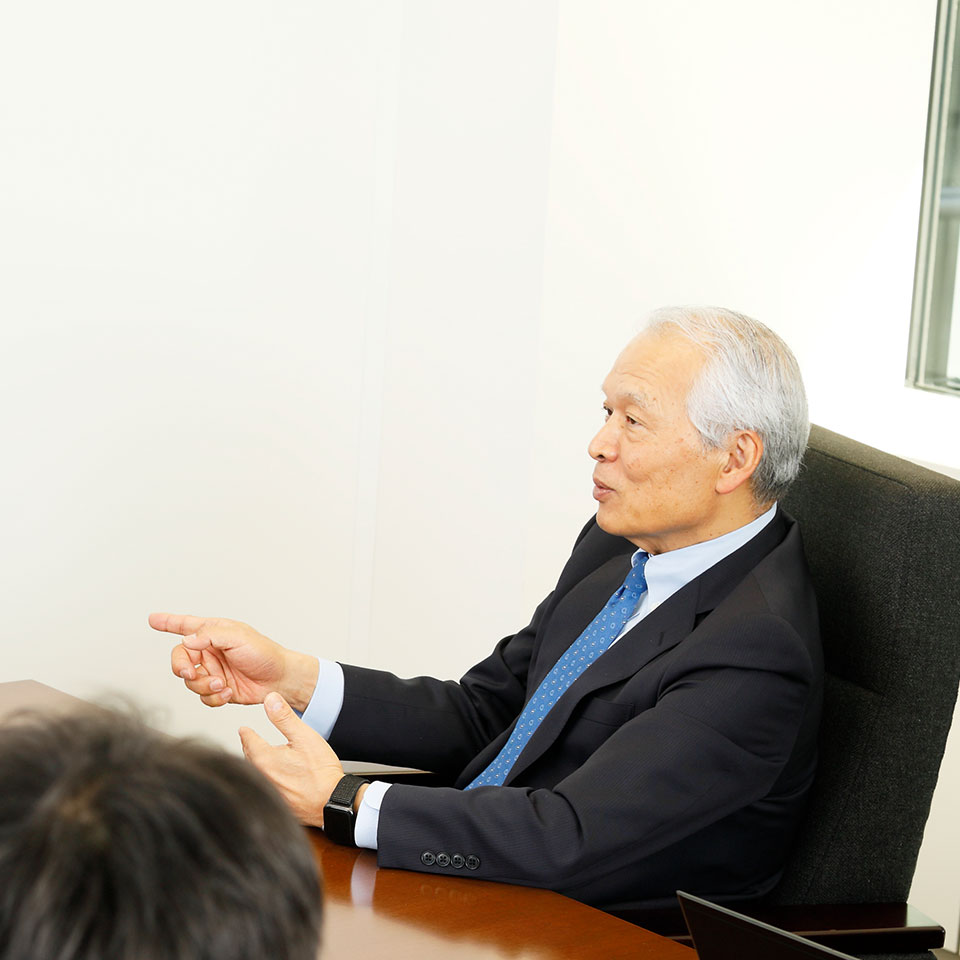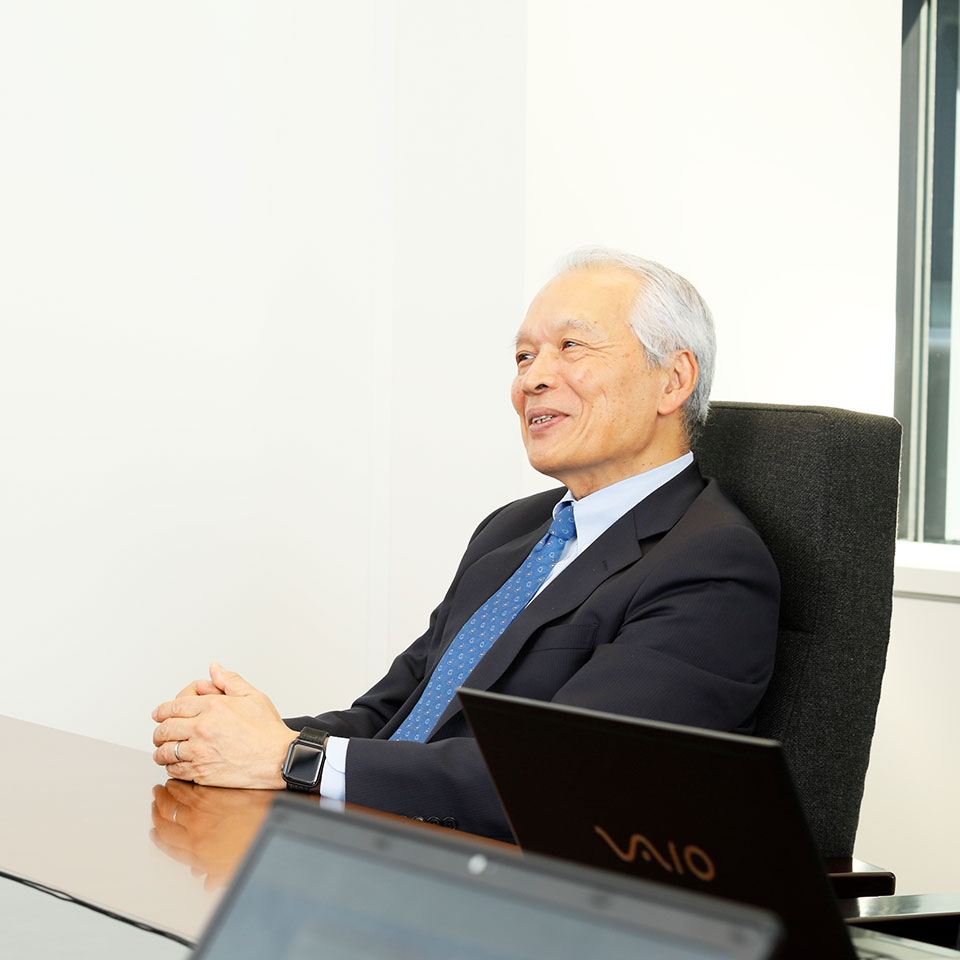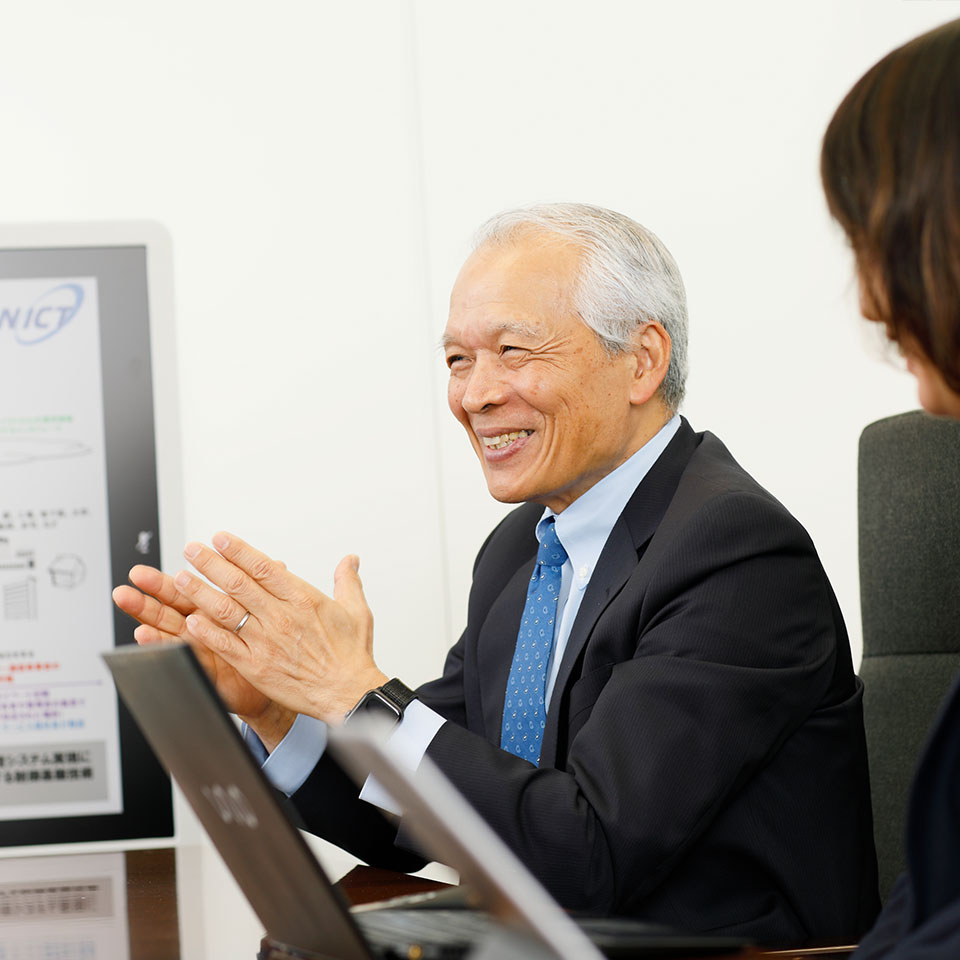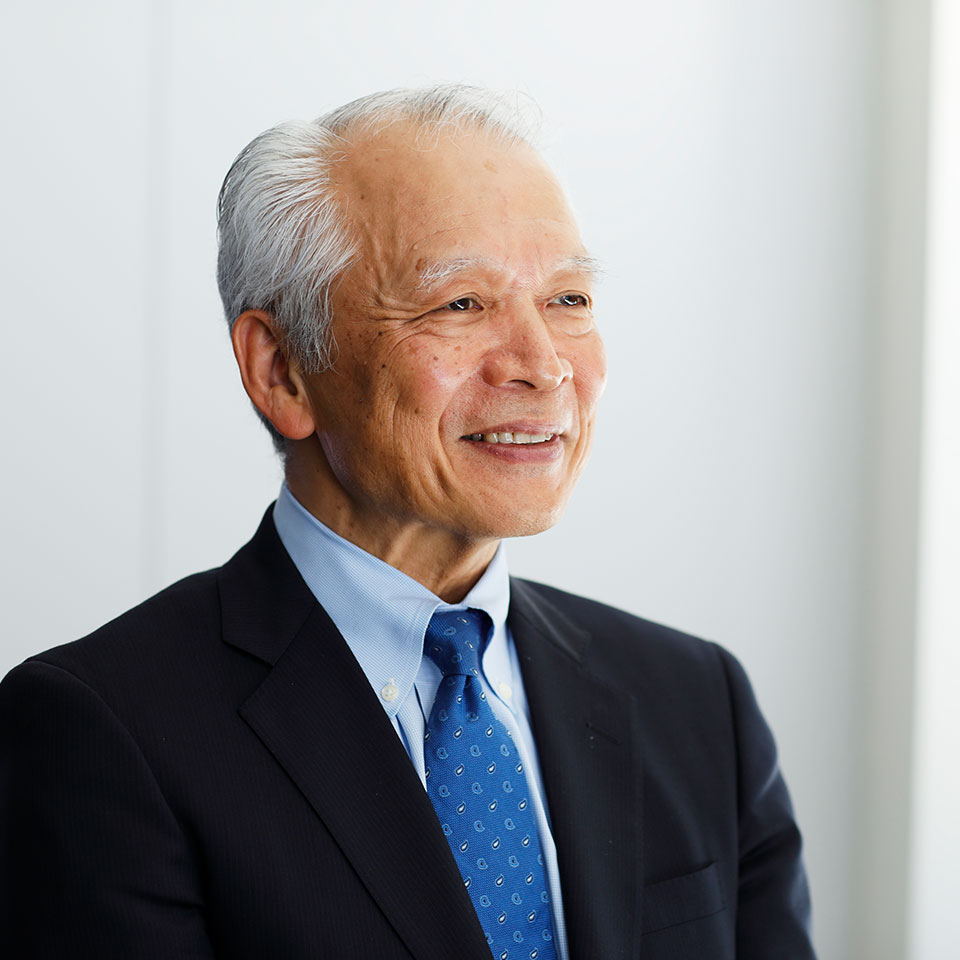
As a new era "Reiwa" has begun, our society is at a major turning
point. It is said that with the development of information and
communication technology (ICT), Society 5.0 will soon be realized
as the fifth society in the history of human social development,
following the hunting society (Society1.0), agricultural society
(Society2.0), industrial society (Society3.0), and information
society (Society4.0).
Under such circumstances, our lives are already changing
drastically. Not only PCs and smartphones have become familiar to
everyone, but also the IoT (Internet of Things), which connects
everything around us to the network, has become widespread. This
enables us to operate home appliances from outside the house using
our smartphones. Other technologies, such as AI, big data
analytics, quantum computers, autonomous driving, and cyber
physical systems, which used to be thought only as a dream, have
already been or likely to be put into practical use.
At a historic turning point where technology develops rapidly, the
research results will greatly vary depending on the environment in
which research is conducted. At the forefront of the ICT field,
which is the basis of revolutionary changes, NICT aggressively
promotes research and development by opening a new path. We
believe that NICT is a great place for conducting research.

As the only public research institution that specializes in the
ICT field in Japan, NICT promotes the world's most advanced
research and development under the five research pillars: (1)
Sensing fundamentals, to "Watch" the real world through ICT; (2)
Integrated ICT, to "Connect" society through wireless ad optical
communications technologies; (3) Data utilization and analytics
platforms, to "Create" new value through data utilization; (4)
Cybersecurity, to "Protect" society from increasingly complex and
sophisticated cyber-attacks; and (5) Frontier research, to
"Develop" new horizons in information and communications.
Our ongoing research themes include the following: technologies
for predicting torrential rain by weather radar using radio waves;
technologies for analyzing a large amount of information posted on
social media in the event of a disaster to identify the extent of
damage in real time; a quantum encryption technology that cannot
be deciphered even with a quantum computer; technologies for
detecting and analyzing cyberattacks from around the world; and
basic technologies of 5G and next-generation wireless
communication.

The results of our research are widely used in the world. This year, the Tokyo 2020 Olympics and Paralympics will be held. On the basis of the results of NICT's research and development efforts, practical exercises will be conducted to strengthen our ability to respond to cyberattacks. Meanwhile, NICT's multilingual speech translation technology has been spreading to help eliminate the language barrier with many foreigners visiting Japan. Changing today's world, NICT's research and development results have become indispensable to society.

To produce research results that have a great impact on society,
we believe that it is essential to enhance the research
environment, especially human resources. At NICT, researchers with
various backgrounds, such as universities and private companies,
gather from all over the world and conduct research utilizing
abundant research facilities. Moreover, we provide them with many
opportunities for collaboration, such as in-depth discussions with
outside experts with a small number of participants.
Additionally, a comfortable working environment is important. We
are implementing operational reforms to enhance welfare programs,
ensure thorough compliance, and reduce the burden on researchers.
Through these efforts, we have successfully created an environment
where research and private life can be balanced.
We, however, do not think that our present situation is
sufficient. NICT must evolve further as society changes
drastically. To this end, we have been taking various initiatives
under three management concepts represented as
COC:
Collaboration,
Open Mind/Open Innovation, and Challenger’s
Spirit.
Specifically, we promote Collaboration with various stakeholders,
including domestic and overseas research institutes, companies,
universities, and local governments. Energizing and evolving such
activities with Open Mind, we also make efforts to establish an
“innovation ecosystem” for social and other innovations. Then
above all, we have continued to work on our activities with a
Challenger’s Spirit.
To achieve these goals, we need young people who are curious about
a wide variety of things, have flexible ideas, and can realize a
revolution beyond the current framework through collaboration with
many stakeholders inside and outside.
ICT provides the most basic function to support all social
infrastructures. It is a technology that deepens mutual
understanding at various levels, such as those between
individuals, organizations, and countries and enables
collaboration and cocreation. In this light, the Japanese word for
information and communication "joho-tsushin" is sometimes
represented by a phonetic equivalent, meaning "rich and heartfelt
communication between people."
TOKUDA graduated from the Faculty of Engineering, Keio University, and received his master’s degree in engineering from the Graduate School of Keio University. He received his Ph.D. in Computer Science, University of Waterloo. In 1983, he joined the faculty of the School of Computer Science, Carnegie Mellon University in the United States. After working as a Senior Research Computer Scientist there, he joined Keio University in Japan. In 1996, he became Professor at the Faculty of Environment and Information Studies, Keio University. After working as an Executive Director and Dean of the Graduate School of Media and Governance at Keio University, he took his current position at NICT in 2017. Mainly he has engaged in research on ubiquitous computing systems, operating systems, distributed systems, IoT, cyber-physical systems, and sensor networks.
If you have any questions regarding recruitment, please contact us below.
RECRUITING
INFORMATION